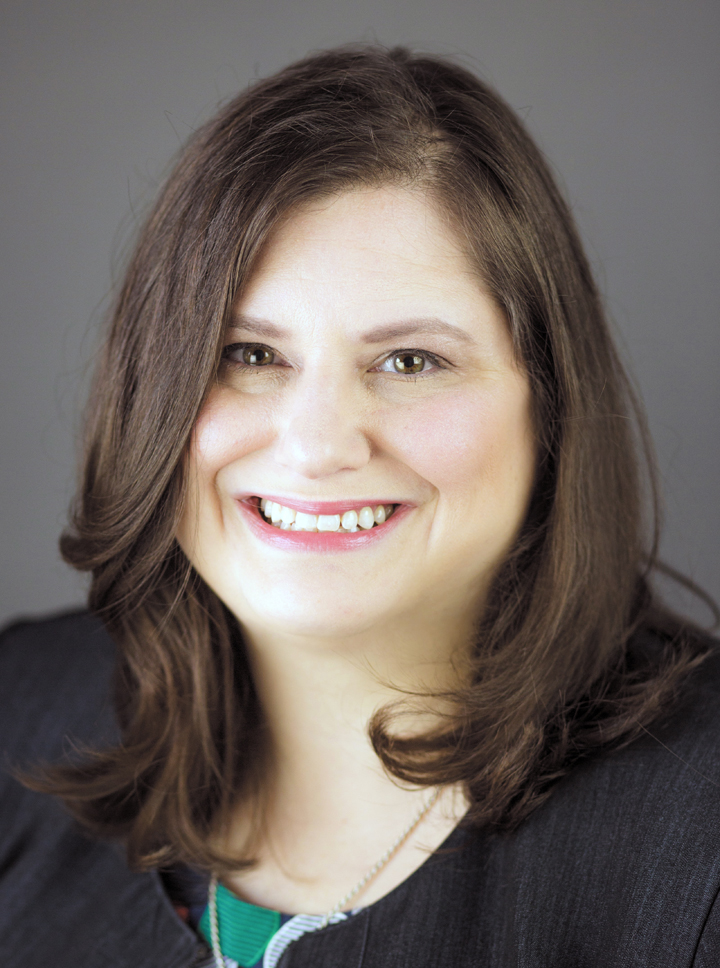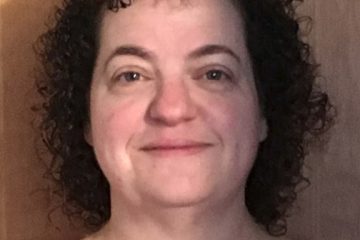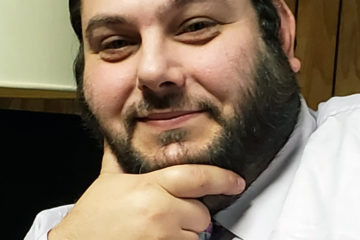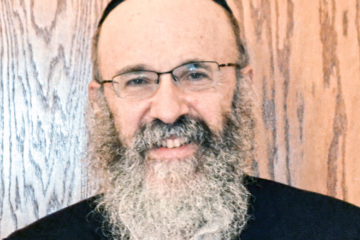Recognize the good

By Rabbi Karen Bodney-Halasz, Temple Israel
As we move through the High Holy Days, we approach Yom Kippur with a sense of dread. We anticipate feelings of guilt and regret, in addition to hunger, because we know the time is upon us to look critically at ourselves. The task is painful, but appropriately so. We should expect to feel badly for the many times we missed the mark, having done something that we knew was wrong. These feelings of remorse are a part of our teshuva, repentance, in which we must acknowledge our bad behavior, seek forgiveness, correct wrongs, and hopefully reach a place of healing. This is guilt at its best. It focuses on our bad behavior and propels us to do better.
It is a starting block. Once we experience it, we move toward teshuva, which not only brings healing to our relationships but helps to build our confidence that we can do better.
A healthy dose of guilt and humility is appropriate for this time of year. Through our vidui, confession, we put ourselves out there, baring it all. But sometimes it can be too much. Some of us surpass feeling guilty to a point where it is no longer healthy. Rather, we feel ashamed.
According to Dr. Brene Brown, an expert in shame and vulnerability, so long as we have the capacity for connection and empathy, we experience shame. Shame is feeling bad about who we are, not what we have done. It comes from a belief that we, ourselves, are flawed and unworthy. This is not helpful, but destructive.
Shame does not help us in our teshuva. It is highly correlated with self-destructive thoughts and behaviors. It is important that we temper our self-effacement so that we remember we condemn the behavior and choices, not ourselves.
To avoid shame, we cannot only focus on our failures or we’ll lose the confidence that we can do better. Positive reinforcement is important. There is a Jewish value known as hakarat hatov, recognizing the good. It helps keep shame at bay during the High Holy Days, reminding us that we are more than the mistakes we have made. It reminds us that the souls within us are pure and long to do good in the world. This resonates with the lesson of Rabbi Nachman of Breslov. He taught that we can be led forth from darkness by looking for the good in ourselves.
Despite how it may sound, recognizing our strengths can also be an important part of our High Holy Days. When we allow ourselves to acknowledge the love and goodness we have given and received, we open ourselves up to the idea that we can change the direction of our lives. We know positive reinforcement is a strong motivator. It can help us to strengthen ourselves and our character.
On Yom Kippur, when we come baring our souls, we pray that God will move from the throne of judgment, holding us accountable, to the throne of mercy, granting us pardon. Is it too much to ask that we offer ourselves the same?
Can we hold ourselves accountable for our failings while also balancing being accountable for our strengths? I believe we can, and we should. This too, is part of our teshuva.
With this in mind, I offer a prayer of hakarat hatov from Mishkan HaNefesh, the Reform High Holy Days prayer book.
For Every Act of Goodness
Let us affirm the good we have done; let us acknowledge our acts of healing and repair…
For the good we have done by acting with self-restraint and self-control;
For the good we have done through acts of generosity and compassion;
For the good we have done by offering children our love and support;
For the good we have done by honoring our parents with care and respect;
For the good we have done through acts of friendship and hospitality;
For the good we have done through acts of forgiveness and reconciliation;
For the good we have done by keeping promises and honoring commitments;
For the good we have done through the work of our hands, and by serving others;
For the good we have done by caring for the earth and sustaining its creatures;
For the good we have done by housing the homeless, feeding the hungry, and welcoming the stranger;
For the good we have done by acting with integrity and honesty;
For the good we have done through thoughtful and encouraging words;
For the good we have done by caring for our health and that of our loved ones;
For the good we have done by strengthening our Jewish community;
For the good we have done through acts of civic engagement and tikun olam;
All these have brought light and healing into the world. May these acts inspire us to renew our efforts in the year to come.
May we continue to move from strength to strength in this new year.
May we all be spurred on by both judgement and mercy to make this world a better place, filled with shalom.
To read the complete October 2022 Dayton Jewish Observer, click here.





